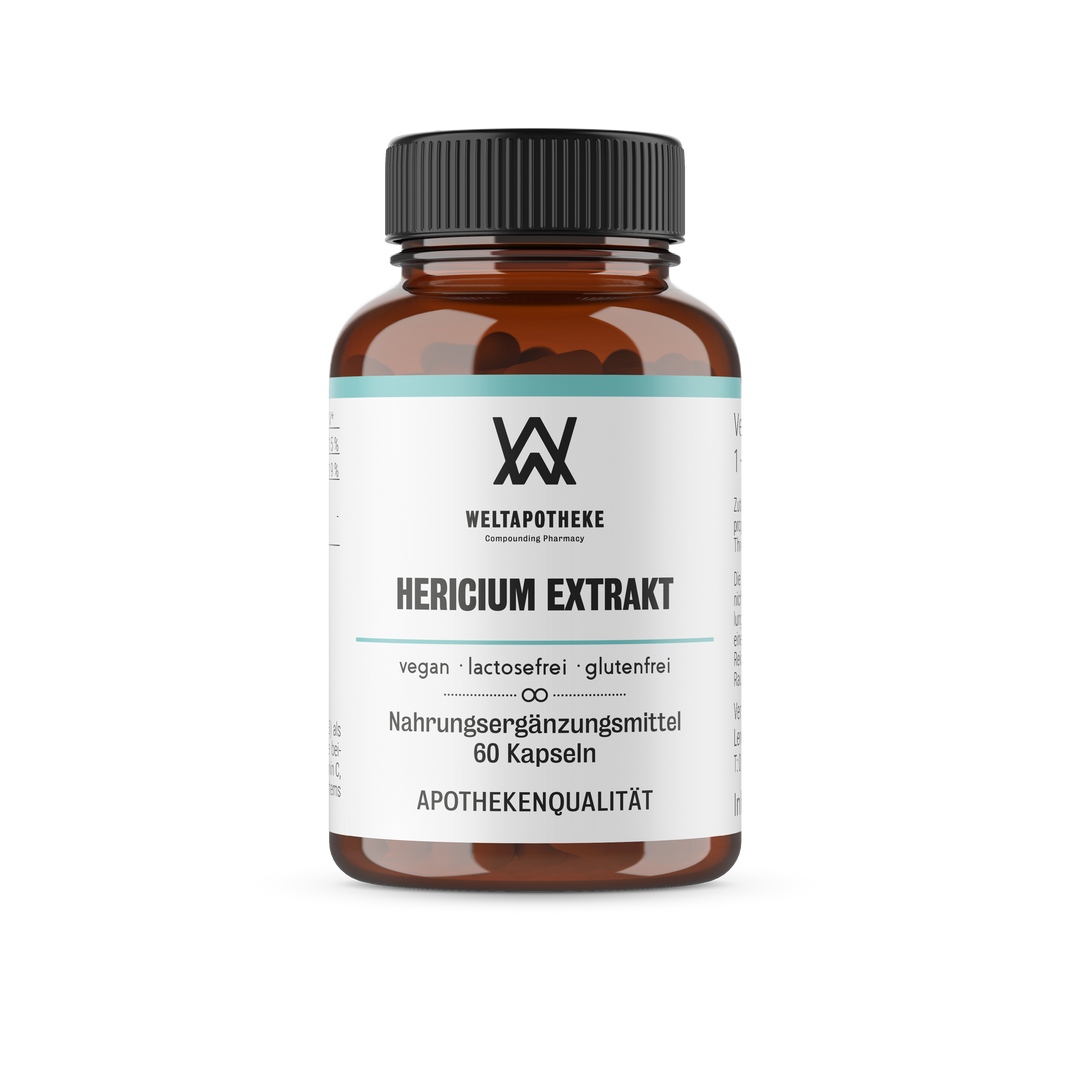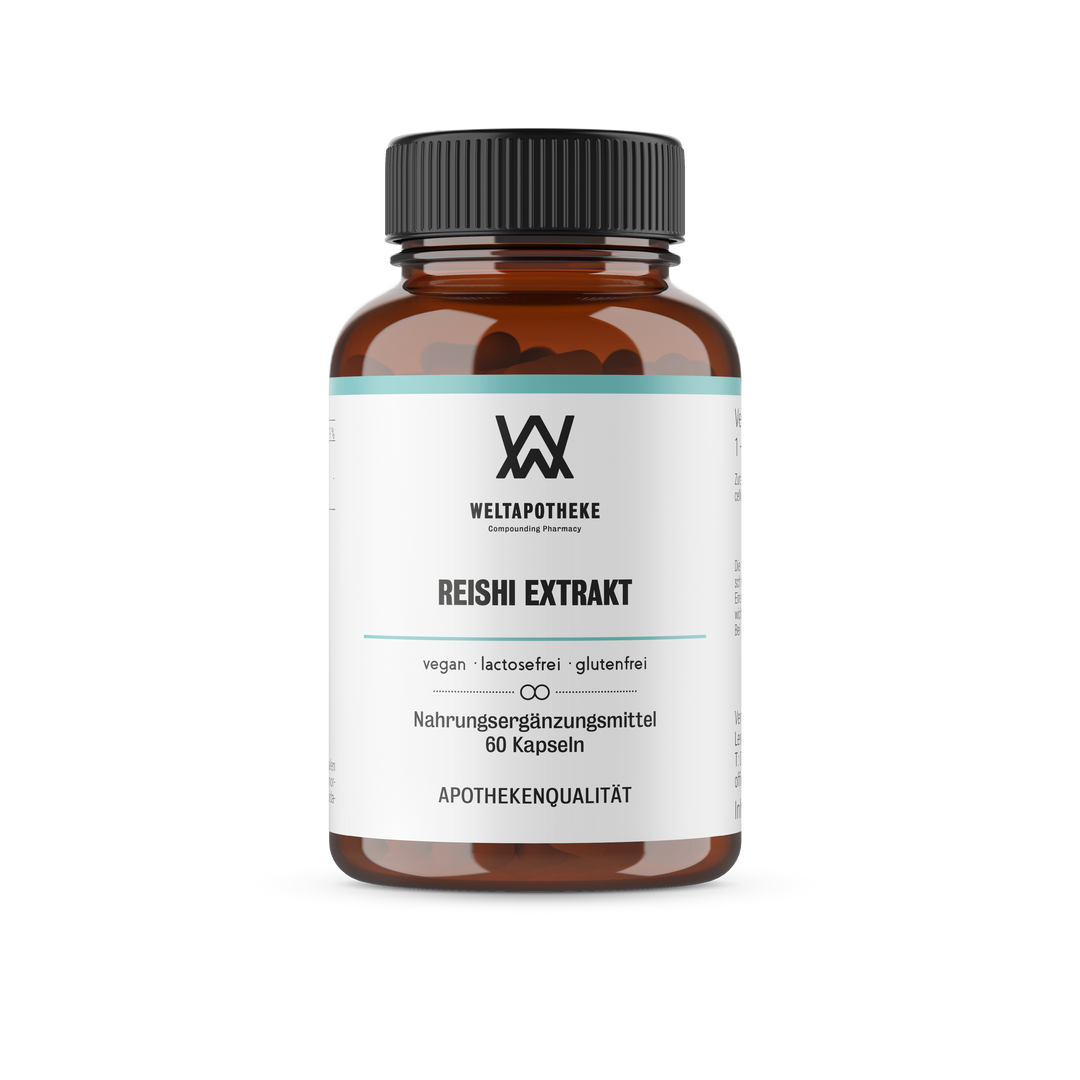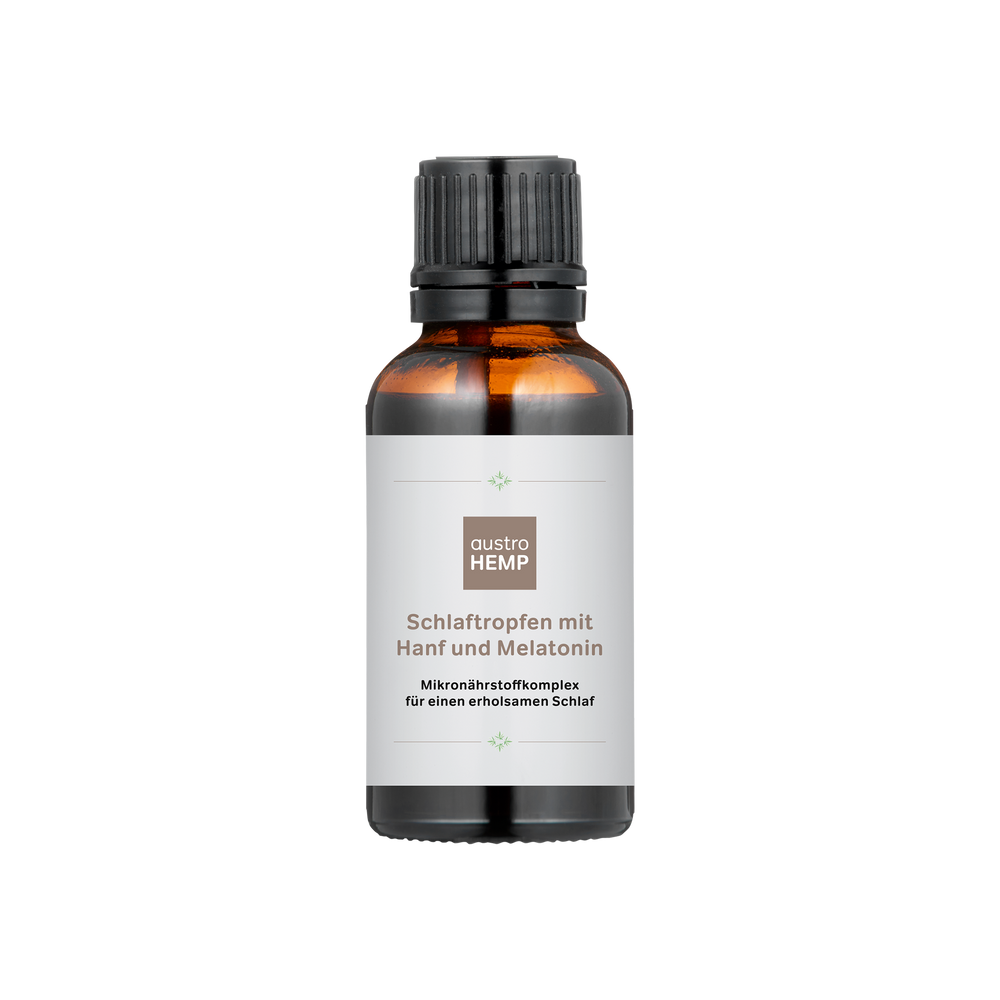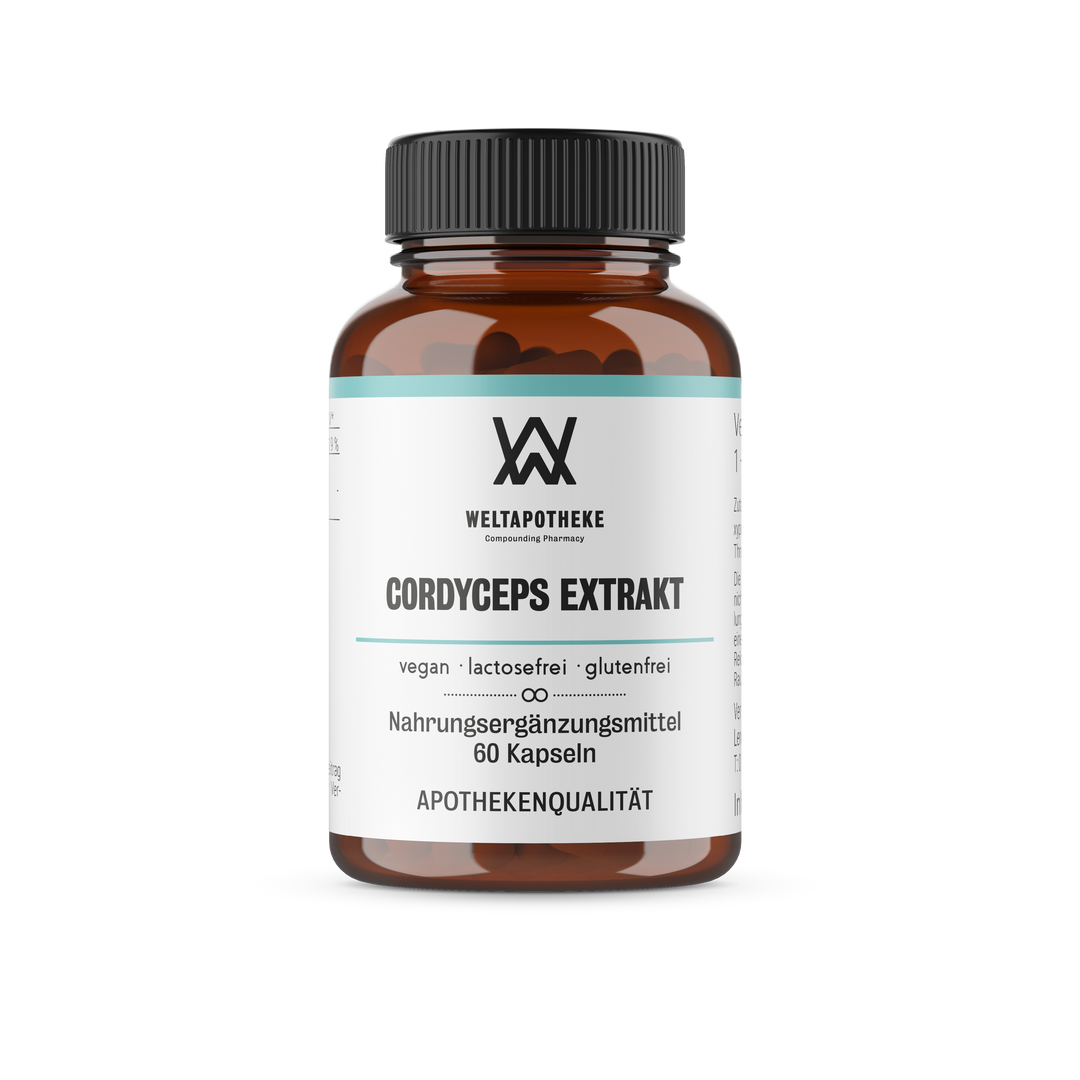Before the invention of artificial light, the sun regulated our sleep rhythm. This meant that the dark season provided us with extended periods of rest. In today's performance-oriented society, this is a luxury!
We get up when it's still dark and work long after the sun has set. This contributes to the fact that the summer lightness suddenly seems to evaporate towards the end of the year. We want to sleep more, but aren't allowed to. We long for more light, but don't get enough. Instead, we stare at our blue light sources, computers and cell phones, which also contribute to us sleeping poorly. Our body reacts to this with stress and our problems suddenly seem much bigger than in the summer months. The key to fighting this is our hormone balance.
Sleep and sun for the hormones
Countless processes in our organism are controlled by hormones. Since many of these neurotransmitters are produced at night, lack of sleep has noticeable consequences. Then, for example, there is too little cortisol available in the morning, which would help us to cope with stress. And without enough serotonin, our mood quickly drops. In general, we feel better when our serotonin stores are full, because the hormone is also a neurotransmitter and ensures that all processes in the brain run correctly. As the counterpart to its stimulating colleagues noradrenaline and dopamine, it has a relaxing effect and leads to serenity. Its pain-relieving, motivation-enhancing and strong mood-enhancing properties have earned it the reputation of being the body's own antidepressant. And as a precursor to the sleep hormone melatonin, it also plays an important role in our restful night's sleep. Serotonin itself is formed from the amino acid tryptophan by first converting it into the intermediate stage 5-hydroxytryptophan (5HTP). Vitamins B6 and D are necessary for the synthesis to work. And this is where the circle closes: Since we only produce vitamin D when we get enough sun, our happiness hormone can quickly become scarce in winter.
Happiness Precursor: Proteins
The body cannot use serotonin directly, we have to work with its precursors. On its own, our body would turn to carbohydrates and sweets. Insulin is released to process both, and this increases the tryptophan level in the brain. Chocolate with a high cocoa content satisfies the craving twice as much, as the cocoa beans themselves contain tryptophan. But that applies to many foods, as essential amino acids are found in proteins. Protein serves as the basis for hormone production anyway, so a balanced diet is more beneficial in the long term than quick sugar highs. If we combine our daily dose of sun with a cold stimulus, e.g. cooling off in an icy stream, we not only boost our hormone balance, but also our circulation and immune system - and put us in a good mood too.









